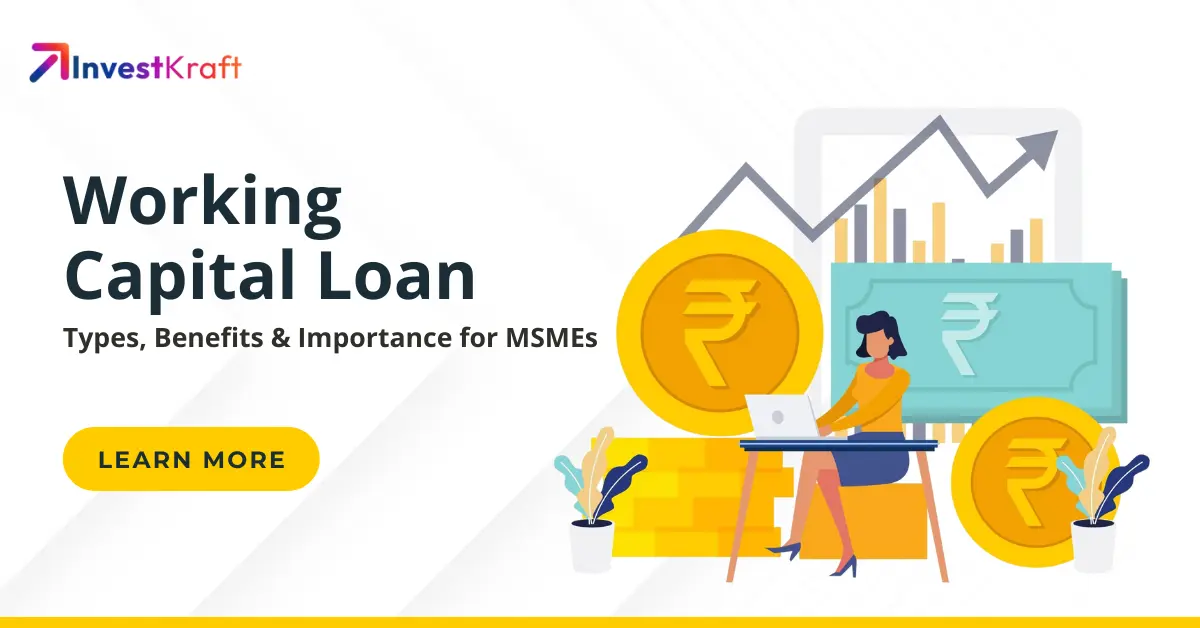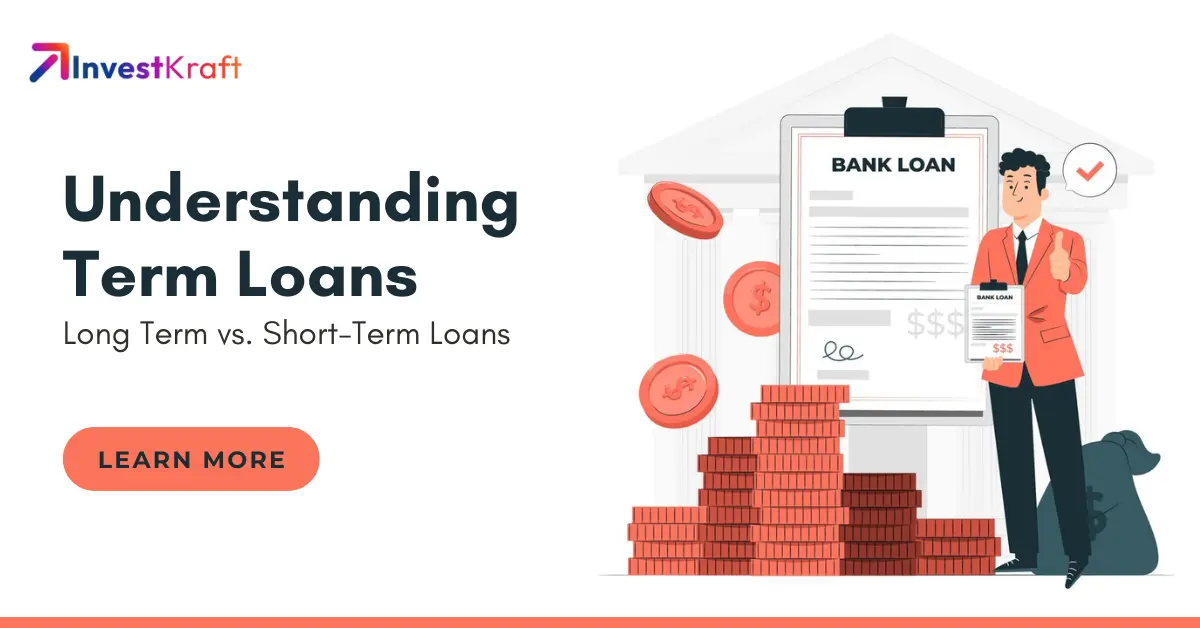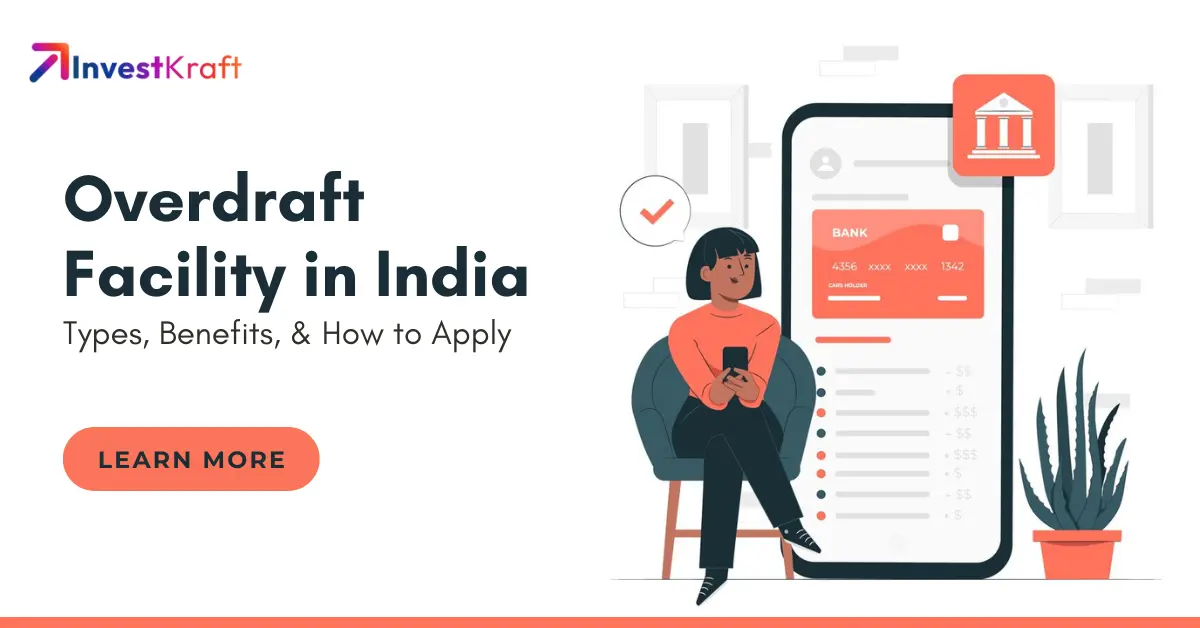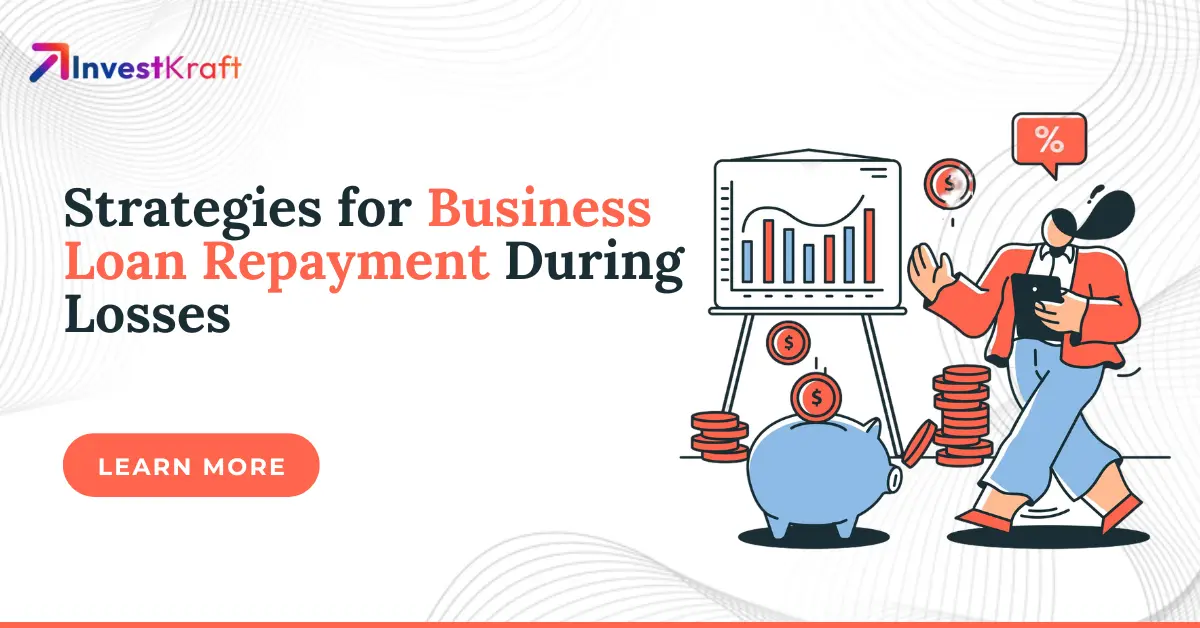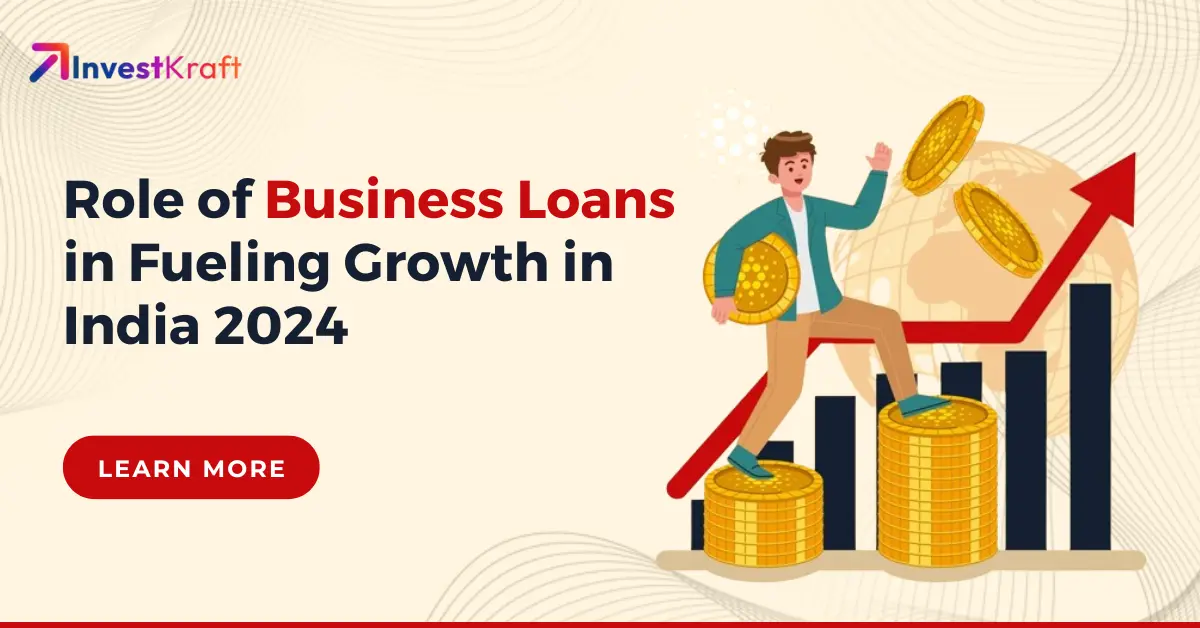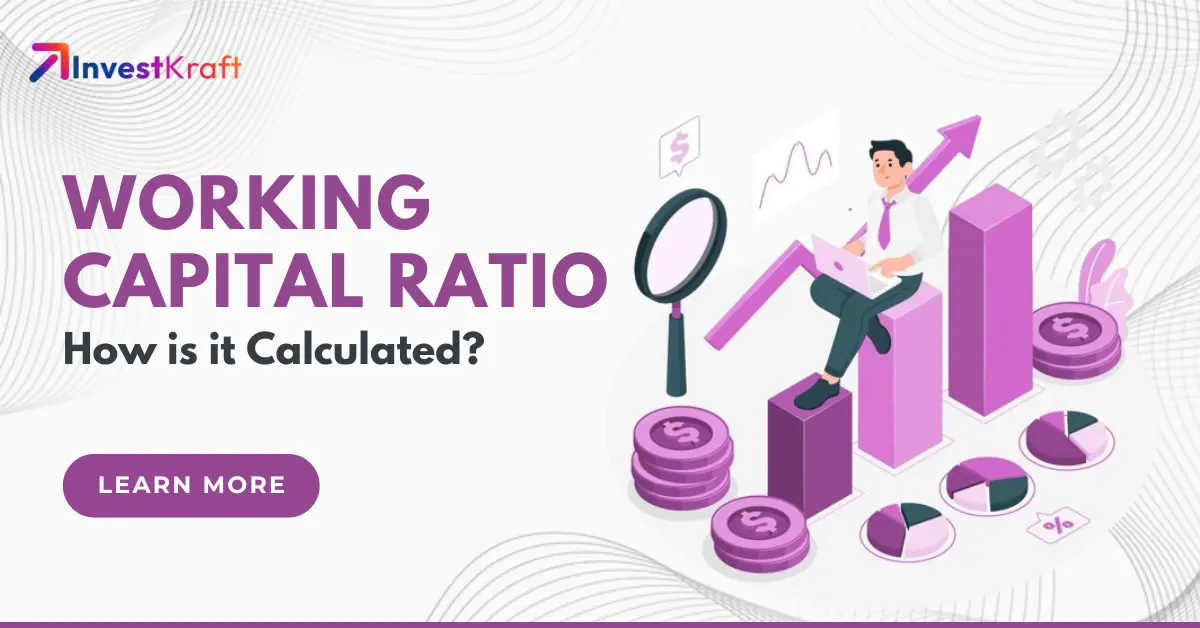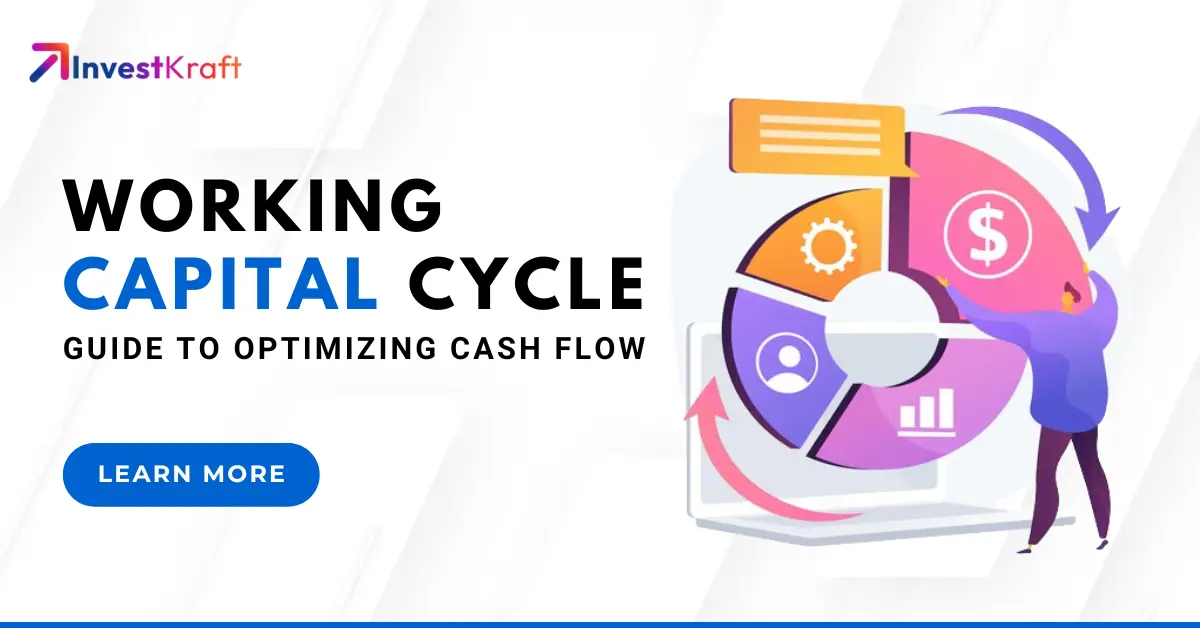The Secret Weapon Behind India's SME Boom - Collateral-Free Loans
.webp)
Small businesses have struggled during the COVID-19 pandemic and have faced challenges in securing funding through traditional loan banking. As a result, they have sought instant solutions to finance their working capital needs. Collateral-free business loans have emerged as a viable option for these businesses to obtain the necessary funds without the need for lengthy approvals.
The government has been proactive in introducing various schemes to provide financial assistance to MSMEs and SMEs during these challenging times. This includes collateral-free loans offered by both the government and banks, which have been utilized by small businesses. Let us delve into the concept of collateral-free business loans and their significance for small enterprises.
Why SMEs Need Loans?
SME loans are customized solutions designed to meet the specific needs of SMEs, empowering them to thrive and make a significant contribution to India’s economic development. Whether it’s for fulfilling working capital requirements, expanding operations or upgrading technology, SME loan schemes play a pivotal role in fostering the growth and sustainability of India’s vibrant MSME sector.
These small and medium-sized enterprises contribute significantly to job creation, innovation and economic growth in India. They play a crucial role in providing employment opportunities and driving local development. Moreover, MSMEs often bring fresh perspectives and ideas, contributing to the overall dynamism of the economy.
Small and medium-sized enterprises often need financial assistance to prosper and expand, which is where SME loans become crucial.
Challenges of Securing Traditional Loans for SMEs in India
MSME financing in India continues to be a critical issue due to several challenges. These challenges include the absence of credit history, insufficient collateral, limited knowledge about government schemes and exorbitant interest rates. Consequently, the growth and development of the SME sector have been impeded as these obstacles make it arduous for MSMEs to obtain the necessary financing.
- MSMEs struggle to secure financing due to their lack of credit history. Unlike larger companies, they do not have an established track record, making it difficult for them to obtain loans. This lack of credit history also makes SMEs a risky investment for lenders, further exacerbating the challenge of securing financing.
- One major difficulty faced by MSMEs is the lack of adequate collateral when seeking loans from banks and financial institutions. Many MSMEs struggle to meet the collateral requirements, as they may not possess enough assets to pledge. This obstacle often restricts their ability to secure sufficient financing, thus impeding their potential for growth and progress.
- The Indian government has indeed introduced numerous schemes to support MSME financing, but the lack of awareness about these initiatives poses a major obstacle. Many MSMEs struggle to access information about these programmes, which in turn hinders their capacity to benefit from them.
- MSMEs often struggle with high-interest rates on loans, impeding loan repayments and hindering business investments. This, in turn, makes it arduous for them to acquire funding as they are deemed risky by lenders. To alleviate these issues, the Indian government and private sector have implemented several initiatives.
Introducing Collateral-Free Business Loans in India
Collateral means security or an asset that a lender requires from the borrower as a guarantee before granting them the desired loan. The lender repossesses such a security or asset from the borrower after the borrower pays off the loan in full. However, upon defaulting on the repayment, the lender seizes this asset, and they have the right to sell it to cover their losses.
During these unstable times, small businesses and startups are unable to take the risk of using their limited assets as collateral for a loan. To provide these businesses with a much-needed boost and aid in their recovery, collateral-free business loans have emerged as a crucial solution.
Collateral-free business loans are essentially loans that do not require any collateral for funding. This allows businesses to secure the necessary funds quickly and focus on their growth. These loans can be either long-term loans lasting from 1 to 10 years or short-term loans used for regular business activities such as paying staff or managing inventory.
Why SMEs Should Choose a Collateral-Free Business Loan?
Small-scale enterprises and industries have several compelling reasons to avail themselves of unsecured loans. These reasons include the following -
- Unsecured loans do not require collateral, which is beneficial for small businesses in the start-up phase or those with asset-light models
- Flexible loan terms allow repayment in 12 months to 5 years. Borrowers can pre-pay or make part-payments. It is suitable for short-term growth opportunities
- Paying instalments on time improves credit scores. Especially with unsecured business loans, leading to lower interest rates for future loans
- Collateral-free business loans can help retain ownership and profits
- Unsecured loans are quicker and easier to get than secured or collateral loans. Fewer documents and a simpler verification process make them particularly beneficial for small business owners in need of quick funding during a financial crisis
- Collateral-free business loans can help SMEs with working capital needs and address cash flow discrepancies for small business owners
- Unsecured loans have no specific business purpose or end-usage restrictions, allowing for flexibility in how the funds are used, such as buying new machinery, scaling operations, rationalizing cash flows, consolidating debt or meeting emergencies
How to Secure a Collateral-Free Business Loan: Step-by-Step Process
The step-by-step process to secure a collateral-free business loan comprises details such as eligibility criteria, documents required to apply for an unsecured loan and how to fill out the application form. We have discussed all these aspects in detail in this section.
Eligibility Criteria for Collateral-Free Business Loans
Before applying for a collateral-free business loan, it is important to check your eligibility to avoid the risk of getting rejected. Many financial institutions offer fast approval but you need to meet the requirements for a collateral-free loan.
- You must be an Indian citizen
- You must be self-employed.
- Your age should typically fall within the range of 25 to 60 years, although this criterion may vary depending on the lender
- Submit proof that your business is at least 3 years old
- Having a good credit score is crucial
Documentation Stage to Apply for a Collateral-Free Loan
The following documents have to be mandatorily produced while applying for a collateral-free loan or unsecured business loan -
- Aadhar Card/ Passport/ Driving License
- Pan Card
- Bank Account Statement for the past year
- Income Tax Return (ITR) of the past year
- Lender-specific document requirements
Steps to Apply for a Collateral-Free Loan
If you want to secure a collateral-free business loan, here are the steps you need to follow -
- Research and make a list of lenders from whom you can borrow money with collateral
- Once you shortlist the potential lenders, go through their collateral-free business loan eligibility criteria
- Gather all the documents listed in the eligibility criteria for a smooth application process
- Fill out the application form carefully by providing all the necessary details
- Submit the completed application form and wait for the lender to approve your request
How to Choose the Right Collateral-Free Lender for Your Business?
The following things will help you immensely while choosing the right collateral-free lender for your business -
- Research and Compare Lenders: You should thoroughly research and compare lenders to find those lenders who offer collateral-free business loans. Look into various options such as banks, NBFCs, online lenders and P2P lending platforms like Investkraft
- Eligibility Criteria: Lenders set specific eligibility criteria that businesses must meet to qualify for a loan. This includes factors such as the minimum business age, revenue benchmarks and acceptable credit scores for both personal and business credit
- Strengthen Your Application: to boost your application, focus on improving your credit score and organizing all essential business financial documents, such as a comprehensive business plan, profit & loss statements and cash flow statements
- Compare Loan Features: When comparing loans, it is important to look beyond just the interest rates. Take into account factors such as the loan amount, repayment terms, prepayment penalties and any additional fees that may be associated with the loan. By considering these features, you can make a more informed decision and choose a loan that best fits your needs.
- Customer Service: Research the lender's reputation for customer service. Consider factors like ease of communication, responsiveness, and online reviews. This information can help you make an informed decision when choosing a lender
Types of Collateral-Free Business Loans in India
There are a variety of collateral-free loans that businesses can choose from like -
- Unsecured Business Loans: These loans are granted solely based on the borrower’s creditworthiness, without requiring collateral or security
- Business Credit Cards: These are a form of revolving credit specifically designed for businesses. They provide a convenient way for businesses to make purchases, pay bills and manage their cash flow. Unlike other types of credit, business credit cards do not require any collateral
- Invoice Financing: In this type of loan, the lender provides funds to the business based on the value of its outstanding invoices, without needing any collateral
- Merchant Cash Advance: This type of loan is given to borrowers based on their credit card sales, without the need for collateral
- Microloans: These are small loans specifically designed for businesses with limited credit history. These loans are typically supported by government agencies or non-profit organizations to help small businesses access the funds they need
- Personal Loans for Business Purposes: Some lenders do provide personal loans that can be utilized for business needs, and the best part is that they do not necessitate collateral
Conclusion
Collateral-free business loans are proving to be a game changer for SMEs in India. These loans allow businesses to overcome the challenges of traditional loan financing and obtain the necessary funds to thrive. By taking advantage of these loans, SMEs can invest in growth initiatives and effectively manage cash flow fluctuations, helping to drive India’s economic development.
Collateral-free business loans provide an attractive option for small business owners in need of financial support. By conducting thorough research, submitting a well-prepared application and establishing a solid credit history, SMEs can effectively harness the benefits of these loans and pave the way for sustainable growth.
Frequently Asked Questions (FAQs)
Q: What are collateral-free business loans and how do they benefit Indian SMEs?
A. Collateral-free business loans provide a significant advantage to small and medium-sized businesses in India by eliminating the need for pledging assets as security. This makes them an appealing option for SMEs with limited collateral or those in the early stages of their business. Unlike traditional loans, collateral-free financing is specifically tailored to meet the needs of SMEs, offering them the opportunity to access capital without the burden of securing it against assets.
Q: What are the interest rates and repayment terms typically associated with collateral-free business loans?
A. Interest rates on collateral-free business loans are higher compared to traditional secured loans because the lender takes on more risk. The rates depend on factors like the loan type, amount, borrower’s profile and the lender’s terms. Repayment terms differ but usually range from 12 to 60 months for term loans with shorter terms for lines f credit or invoice financing.
Q: Are there any government schemes that offer collateral-free business loans in India?
A. Yes, the Indian government supports SMEs with collateral-free business loans. Here are 2 examples of the same:
- Pradhan Mantri MUDRA Yojana (PMMY): This scheme offers micro-loans up to Rs. 10 lakh to non-corporate, non-farm MSMEs. The scheme categorizes loans into three segments based on loan amount: Shishu (up to Rs. 50,000), Kishor (up to Rs. 5 lakh), and Tarun (up to Rs. 10 lakh).
- Credit Guarantee Fund Trust for Micro and Small Enterprises (CGTMSE): This scheme provides partial credit guarantee cover to lenders for loans offered to SMEs. This encourages banks to offer collateral-free loans to viable businesses, as the CGTMSE guarantees a portion of the loan amount in case of default.
Q: Are there any tax benefits associated with taking out a collateral-free business loan?
A. The interest paid on a business loan in India, even for collateral-free loans, can be considered a tax-deductible expense. This can potentially lower your tax obligation. It is recommended to seek advice from a tax advisor to ensure eligibility and comprehend the specific tax consequences for your company.

Author: Abhik Das
Abhik Das is a versatile content writer with over 5 years of experience crafting engaging and informative content across diverse industries. His expertise spans the fields of ed-tech, pharmaceuticals, organic food, travel, sports, and finance.
Here's what sets Abhik apart:
Content Versatility: Able to adapt writing style and tone to suit various audiences and content needs.
SEO Proficiency: Creates content optimized for search engines, ensuring discoverability and organic traffic.
Deep Research: Conducts thorough research to ensure content accuracy and credibility across complex topics.
Engaging Storytelling: Captures reader interest with clear, concise, and compelling writing.
Abhik's diverse background empowers him to deliver insightful content across a wide range of subjects. Whether you're seeking engaging explainer pieces on the latest financial trends, informative guides to organic food choices, or captivating travelogues, Abhik has the expertise to craft content that resonates with your audience.

.webp)






